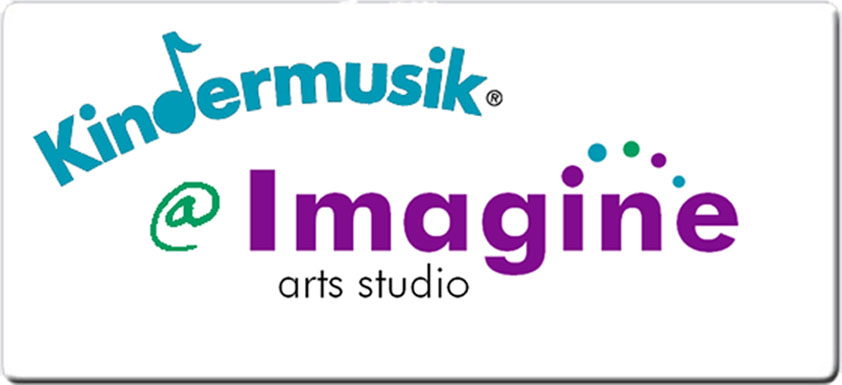From Skinnamarink and Saraponda to Dream Pillow Lullab, class this week was filled with a colorful words, songs, and sounds. Playing with words in speech and song is a critical part of vocal development. This type of play allows babies to practice the precise coordination of lips, tongue, and breathing necessary to speak words. Since the ability to sing and the ability to converse with expressive speech are closely related, vocal play in songs, poems, and rhymes can help your baby develop both singing and speech skills.
Need a break from the norm? Try a little vocal play at home this week by breaking apart words of a song and repeating syllable sounds or singing/speaking slowly. Emphasize the movement of your mouth and lips; then wait and give your baby time to respond.
Here are a few other thoughts on music and learning to consider:
One More Time: One method of learning for young children is repetition. Repetition of experience provides stabilization of the brain’s neural pathways.
Relaxation: Relaxation is a learned behavior. Setting aside this time each week not to be engaged in an active, thinking activity helps Baby learn to enjoy quiet play and learn that relaxation can include times other than nap time and bedtime.
Language Development: Baby is learning more than she can say as she watches and listens to you reciting this rhyme. Infants younger than six months can distinguish a wide range of speech contrasts. By eight months many can distinguish familiar words from unfamiliar words.
I feel; Therefore, I learn: Baby must be emotionally involved in an activity to learn. Incoming sensory stimulation is processed first through the brain’s non-rational, non-conscious limbic system, the seat of emotion, and only then goes to the neocortex, or rational brain.


No comments:
Post a Comment